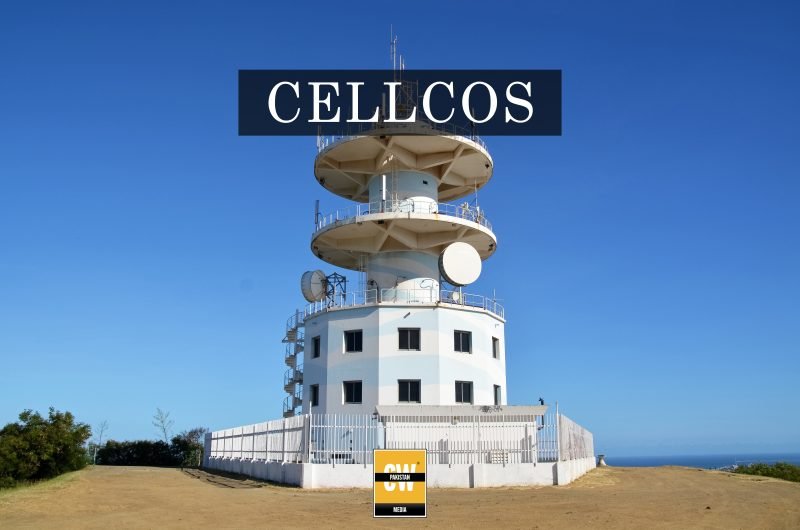PTA on Thursday announced that internet and broadband users in Pakistan may experience disruptions due to a fault in the AAE-1 submarine cable near Qatar. A key component of the country’s internet infrastructure, the AAE-1 cable is one of the seven international undersea cables that carry internet traffic into Pakistan.
In a public statement, the PTA confirmed that a fault had been detected in the AAE-1 cable, located near Qatar, and assured the public that efforts were underway to address the issue.
“The concerned teams are working to fix the fault. The PTA is monitoring the situation and will keep updating telecom users accordingly.”
The announcement comes at a time when Pakistan has been grappling with frequent internet disruptions and speed issues. In addition to these ongoing concerns, the country has also faced issues related to the ban on social media platforms like X (formerly Twitter), which has further contributed to the public’s frustration. These disruptions have been a topic of debate in both houses of parliament, but no decisive actions have been taken to resolve the issue.
The impact of these internet disruptions has extended beyond everyday users, affecting Pakistan’s IT industry, which has faced significant financial losses. The National Assembly’s Standing Committee on Information Technology recently discussed the matter in a session, where it was highlighted that the ongoing issues have severely impacted Pakistan’s digital economy.
During the session, lawmakers from both the opposition and the government expressed concerns over the persistent internet slowdowns and raised the issue of a potential ban on VPNs. Opposition Leader Omar Ayub strongly opposed the blocking and registration of VPNs and called for the formation of a sub-committee to review the ongoing internet issues. He suggested that the committee should focus on finding a solution to the disruptions and slow speeds that have plagued the country for months.
In a show of support for addressing the issue, Pakistan Peoples Party (PPP) lawmaker Sharmila Faruqui proposed that representatives from the interior ministry be summoned to the committee to provide insights into the ongoing disruptions. Faruqui shared her personal experience, stating that her husband, who is involved in freelance business, has suffered financial losses due to the internet issues. Her colleague, PPP lawmaker Syed Ali Qasim Gillani, also voiced support for the idea of a thorough review by the committee.
Syed Amin-ul-Haque, Chairman of the National Assembly’s Standing Committee on IT, added that the committee should also hear from the Pakistan Software Houses Association (P@SHA) chairman regarding the financial impact of the internet disruptions on the IT industry. The committee has now scheduled an in-camera briefing with the interior minister and the P@SHA chairman to delve deeper into the issue and explore potential solutions.
Minister of State for IT and Telecommunication Shaza Fatima informed the committee that the P@SHA chairman had already reported a loss of $8 billion to Pakistan’s IT industry due to the ongoing internet disruptions. Haque emphasized the government’s target of achieving $15 billion in IT exports and urged the government to make necessary improvements to ensure uninterrupted internet services for the people of Pakistan.
Meanwhile, PTA revealed that the installation of a new undersea cable, the 2Africa Submarine Cable System, is underway and is expected to enhance internet speed and reliability in Pakistan. This new cable, which is set to go live by Q4 2025, will provide a major boost to the country’s internet infrastructure.
The 2Africa cable, which spans 45,000 kilometers, will connect 46 locations across Africa, Europe, and the Middle East. Once operational, it will provide Pakistan with 24 terabytes of bandwidth, significantly increasing the country’s internet capacity. This new system aims to address long-standing complaints of slow internet speeds and enhance the performance of popular platforms like Facebook, WhatsApp, and Instagram.
Currently, Pakistan relies on approximately 8 terabytes of bandwidth provided by seven existing cables. The 2Africa cable, supported by a global consortium that includes Meta and Vodafone, is expected to greatly improve connectivity, offering much-needed relief to users frustrated by slow internet speeds.
The installation of the new cable began on December 1, 2024, with the first phase of the project involving the Pre-Lay Shore End (PLSE) installation at Hawksbay, Karachi. The second phase, which involves deep-sea cable laying, is planned to begin on April 1, 2025. The 2Africa cable is expected to enhance Pakistan’s internet infrastructure, bringing the country closer to addressing its digital connectivity challenges and offering greater access to fast, reliable internet services.
As the PTA continues to monitor the ongoing fault in the AAE-1 cable, it is clear that efforts are underway to improve Pakistan’s internet landscape. However, the success of these initiatives will ultimately depend on the government’s commitment to expanding digital infrastructure and ensuring that internet services meet the needs of all citizens.









